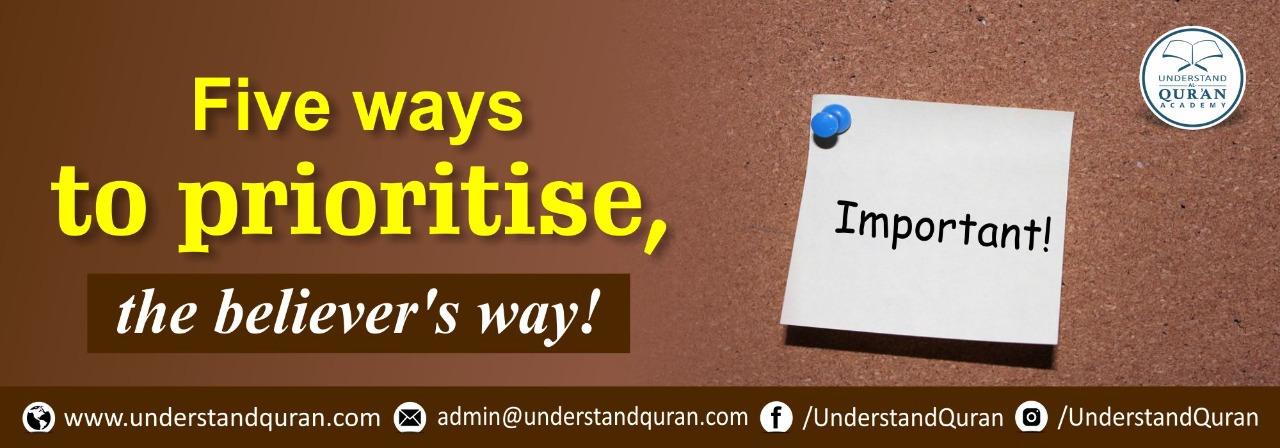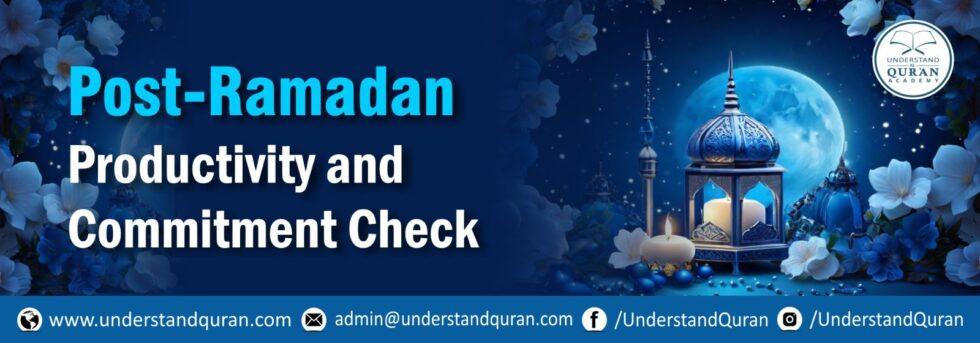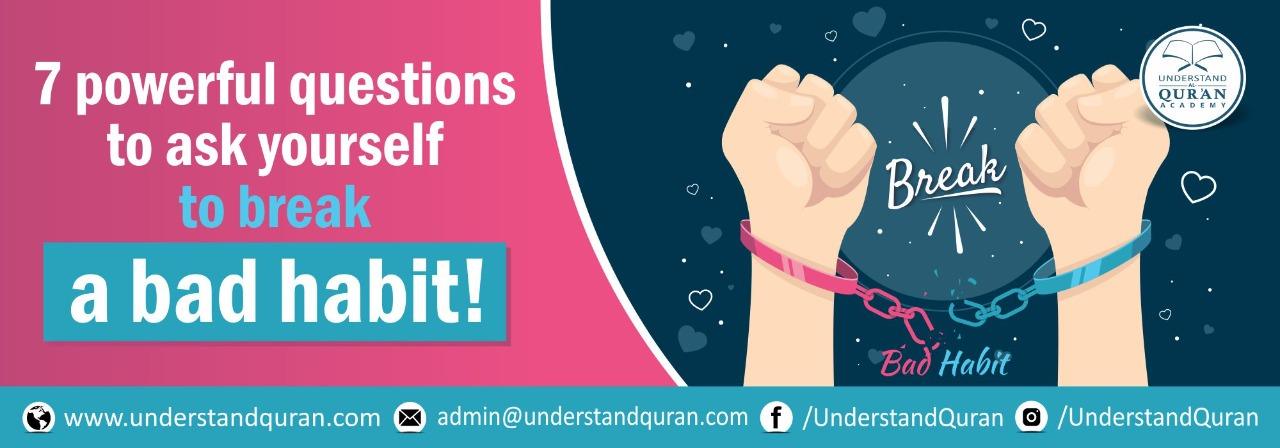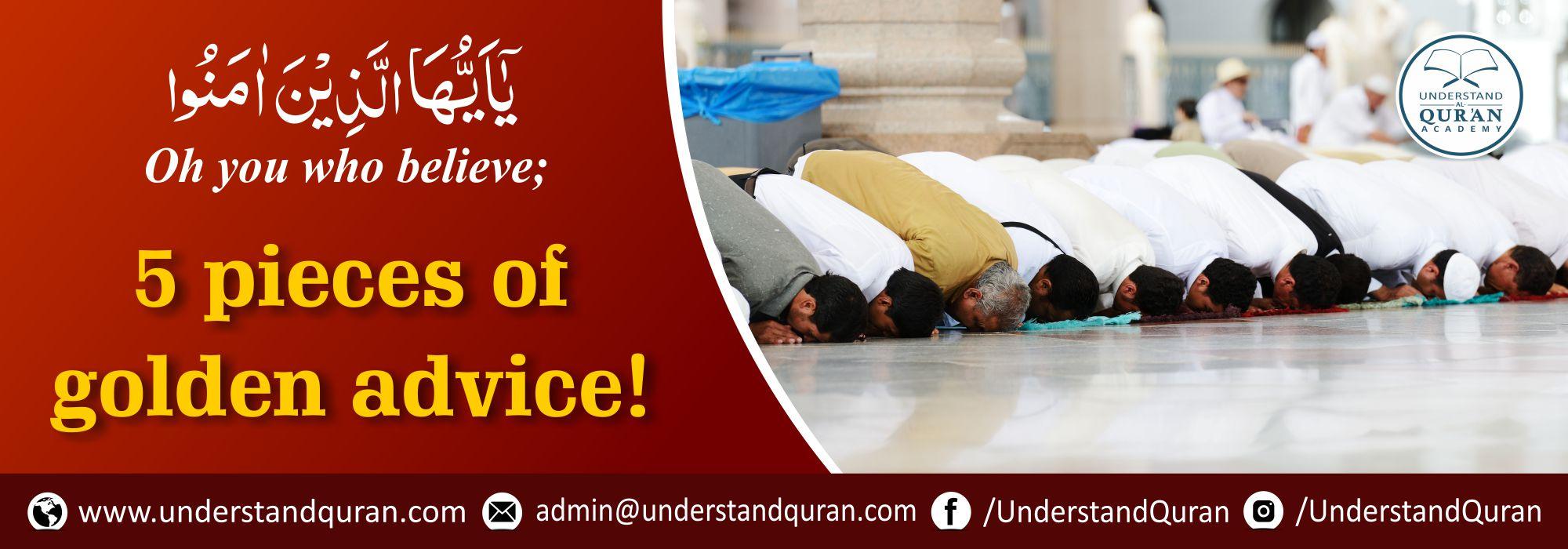Five ways to prioritise, the believer’s way!

Assalamu alaikum (May peace be upon you all)
Are you consumed by your daily life tasks, and do you feel like you never have enough time to accomplish what you want? Do you set priorities, but you feel they aren’t serving you as a Muslim, or haven’t you consciously set priorities in life at all?
This powerful Ayah reminds us about how important (re)setting the right priorities and how to let them determine your day to day goals.
يَـأَيُّهَا النَّاسُ اعْبُدُواْ رَبَّكُمُ الَّذِىْ خَلَقَكُمْ وَالَّذِينَ مِن قَبْلِكُمْ لَعَلَّكُمْ تَتَّقُونَ
O mankind, worship your Lord, who created you and those before you, that you may become righteous. [Qur’an, 2:21]
This Ayah is a call to all of mankind; it’s often used as an argument for the existence of Allah, the Creator and it’s your ultimate motivator to prioritize. Let’s learn why and how to set priorities to improve your life with your final destination in mind: the Gardens of Allah!
The difference between priorities and goals
There something every human being has in common; there are only 24 hours in a day. This forces us to make decisions on how we spend this time and by setting clear priorities, we ensure we’re spending our time and efforts on things that matters the most. But in a daily life focused on worldly goals and consumerism, we often don’t even know what our main priorities in life are.
A priority is “a thing that is regarded as more important than another.” [Oxford Dictionary] It’s what you care about and value above other things and you can only have a few of them, unlike goals; you can have a limitless amount of goals. A goal is defined as “the object of someone’s ambition or effort; an aim or desired result.”
Instead of being ‘lived’ by life itself, you can identify a few things that should have your intention above all matters; this will make it easier to make important decisions and stay focused on your main priority: to worship Allah (alone). A major consquence of prioritising wisely is that you’ll live your life more intentionally. And intentions are the golden secret to turn even the simplest mundane actions into worship.
1. What are your priorities?
Do you know what your top priority is? It seems like an easy question, but the answer might be harder to find than you thought. If you don’t know what your priorities are, setting priorities should be your main priority! Have you been spending your time on things that don’t even really matter to you and you daily feel bad about it? Be honest with yourself and ask Allah, the Most High, to enable you to commit to change.
One of Allah’s Beautiful Names is Al-Muta’aali, the One who is Most High and Exalted. Living by this name has all to do with being able to make Him a priority in our daily dealings.
Turning to people without supplicating for help, delaying or not praying because of certain committments; they all mean we are not prioritising the Creator over His creation. Ask Al-Muta’aali to help you prioritise your relationship with Him, all throughout the day.
2. Match your behaviours with your goals
Even though priorities and goals aren’t the same concepts, it’s important you learn to align them. For example, if your goal is to read Qur’an half an hour a day before bed, but you’re spending your time on social media until you fall asleep, then your behaviour isn’t lined up with your priorities. If you rethink your priorities and take action that moves you in the direction of your goals, you’ll be more productive.
When you have realized your actions and behaviours are not working towards goals you might have, it’s time to think of the things you do want. Ask yourself:
– What do you want your life to look like in ten years?
– Which past regrets do you want to let go of?
– Which worries of the future do you not want to carry?
– If you could spend your time on anything, what would you do; what activities make you happy? When you’ve thought above this, you can begin moving forward.
3. Make an action plan
It doesn’t have to be complex, but you’ll need a simple plan of action or else you easily lose focus and spend time on things that don’t match your priorities and this leads to stress and feeling low. Here are some tips to work towards a plan:
– Make a vision board and place it where you daily see it. Select some images and visualize your goals. For example, you want to be a Hafidh of the Qur’an, use a picture of the Qur’an, a palace representing a palace in Paradise etc. You can do this with a collage app on your phone and set it as homescreen. Every time you look at it, make Dua’ for these things.
– Make a ‘What makes me feel good’ list and each day, do at least one of those activities, even if it’s for five minutes.
– Get rid of distractions. Make a list of things you are daily distracted by and spend a chunk of your day on, which do not bring you closer to your goals. Ask Allah, the Most High, to help you identify and eliminate these distractions as much as you can. Once you start prioritising your relationship with Allah, He will surely guide you.
– Block time to focus on specific tasks. Set times where you really focus on your priorities and have a no-excuse policy for yourself. Talking out loud to yourself might help; literally say to yourself “I’m going to spend 30 minutes reading Qur’an now and inshaAllah won’t let anything stop me.”
4. Remind yourself
Hang up a beautiful Ayah or quote that reminds you of Allah, which will be the first thing you see when you wake up. Learn and use the supplications when waking up, which the Prophet Muhammad ﷺ said so they’ll be your first words of the day. Before you go to sleep, let the supplications for sleep be your last words of the day. You can set daily alarms on your phone a few times a day, simply reminding you to think of your Creator. All these little prompts will remind you of who you are.
5. People power
Key in prioritising as a Muslim is prioritising the people who matter most to us. Who are they? They should be those relationships we will be asked about on The Day of Judgement, those we are mentioned to be shepherds for. Parents, children, even neighbours; looking in the narrations of the Prophet ﷺ should be our guide. Research points out that with respect to health, the quality of a person’s social network was more important than exercising frequently. Social relationships are as important as health-impacting factors on the same scale as smoking, lack of exercising and poor diet. Even though we should take care of all of these, spending more time with those who matter is key for both your mental and physical health. Ask Allah, Al Wadood, the Most Loving, to bless your relationships and help you prioritise people for His sake.
Finally, a beautiful motivation to set your priorities: Yahya bin Mu’adh, may Allah have mercy on him, said: “The Dunya [world] is worthless to its Lord [Allah], and yet it belongs to Him. So it’s not right that you value it so much, and it’s not even yours!” [Hilyatul-Awliya’ – 14549]
O Allah, help us to set our priorities right in this world, aid us in making Your Book a priority in our daily life and help us prioritise seeking Your Pleasure over anything else, Aameen!
Praying you will benefit,
Hundreds of thousands of Muslims have benefitted from our short courses in Arabic and unique methodology. So, can you!
Apply here for a FREE TRIAL now.
Khawlah b. Yahya – United Kingdom
Khawlah b. Yahya founded SISTERS’ PROJECT in 2008, a United Kingdom based women’s support organization, the creative community lead in an art gallery and is a writer for different Islamic organizations and academies. She authored the renown How to Live by the Names of Allah Series, published by the Understand Qur’an Academy, as well as the internationally shared Revive a Sunnah Series. She focuses most of her work on how to translate classic Islamic Knowledge to daily life action. She recently released Personal Lessons from the Qur’an, in which daily life action points are based on Qur’anic Ayaat in a way that’s never seen before. You can purchase the E-book on: understandquran.com////////////////////////product/personal-lessons-from-the-quran/










